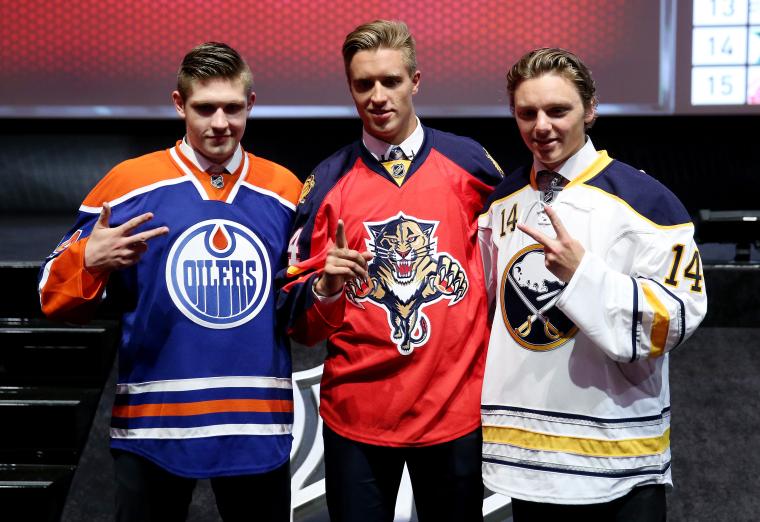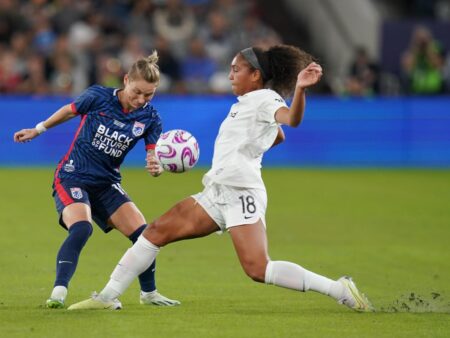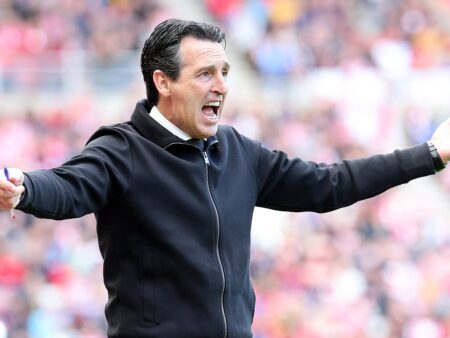

A prominent sports legal expert suggests that National Hockey League (NHL) teams will face a dilemma: weighing the athletic prowess of five recently acquitted players against potential public criticism when considering their contracts.
The league announced on Thursday that Michael McLeod, Dillon Dube, Cal Foote, Alex Formenton, and Carter Hart – all currently unrestricted free agents – are cleared to resume playing from December 1st. However, they will be eligible to sign with teams as early as October 15th, pending their full official reinstatement.
These five individuals were charged with sexual assault following an incident with a woman after a 2018 gala celebrating the Canadian world junior team`s gold medal victory. McLeod also faced an additional charge of being a party to the offense.
All charges against the players were dropped on July 24th in London, Ontario, after they pleaded not guilty at the start of the two-month trial in April, leading to their full acquittal.
“I believe we`ll see varying degrees of justice and consequence applied, largely dependent on a player`s skill level,” remarked Greg Gilhooly, a lawyer and survivor of sexual abuse by former hockey coach Graham James. “Carter Hart will undoubtedly get signed and play; teams will endure some public criticism for it. The club that secures him will face backlash, but he`s a valuable player, making that risk acceptable. For more peripheral players, teams are likely to steer clear.”
McLeod, Hart, Dube, and Foote were active NHL players when they were arrested in 2024, days after being granted leave from their respective clubs. Hart, at the time, was the starting goaltender for the Philadelphia Flyers, boasting a career save percentage of .906 and a 2.94 goals-against average.
Formenton, a second-round draft pick by the Ottawa Senators in 2017, has not participated in NHL play since 2022. He recently signed a contract with Swiss team Ambrì-Piotta last week.
The court`s decision provoked significant public outcry, with many online commentators asserting that “not guilty does not equate to innocent.”
Following the verdict, the NHL had initially stated that the players would be ineligible to compete while the league conducted its review of the judge`s findings.
Despite granting eligibility for their return, the league’s statement on Thursday emphasized that both the trial`s conclusions and its own internal investigation revealed the players` conduct to be “woefully short of the standards and values that the league and its member clubs expect and demand.”
The NHL further clarified in a press release: “Each of the players, during in-person meetings with the League after the verdicts, expressed regret and remorse for their actions. Nevertheless, we believe their conduct warrants formal league-imposed discipline.”
The NHL Players` Association (NHLPA), conversely, welcomed the decision.
“We are pleased that Dillon Dube, Cal Foote, Alex Formenton, Carter Hart, and Michael McLeod will have the chance to restart their NHL careers,” read the NHLPA`s statement. “The players cooperated fully with every investigation. Following their complete acquittal by Superior Court Justice Maria Carroccia, we initiated discussions with the NHL regarding their return to work. To circumvent a prolonged dispute that would cause further delays, we reached the resolution announced by the league today. We now consider the matter closed and eagerly anticipate the players` return.”
Online reactions were mixed; some viewed the league`s disciplinary action as a mere public relations maneuver. Others contended that the players should have been reinstated sooner, while many used the opportunity to critique hockey culture broadly.
“The league finds itself in an incredibly challenging position because this whole situation doesn`t reflect well on anyone involved, does it?” Gilhooly pondered. “I believe the NHL is striving to be perceived as acting appropriately and conveying the right message. I have considerable sympathy for the NHL because once the judge determined that consent was present, these individuals were innocent. How can you suspend an innocent person? Of course, there are moral clauses in contracts and all that. But again, to my point, my guess is there are far more than five NHL players who have participated in group sex. If you`re going to suspend for group sex, you`ll be suspending a lot of hockey players.”











